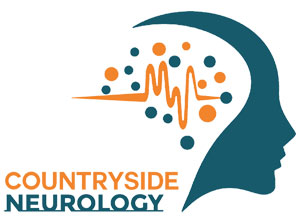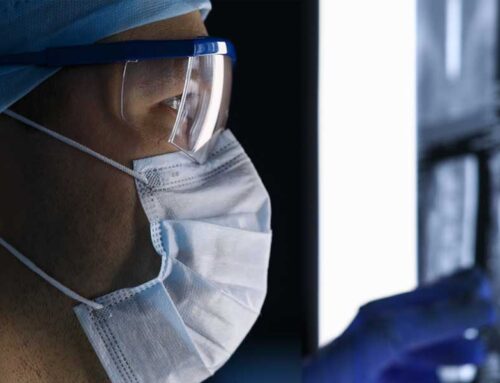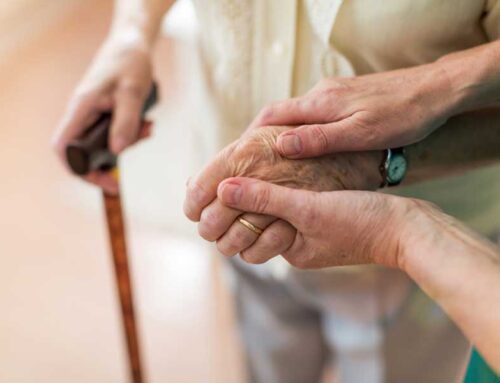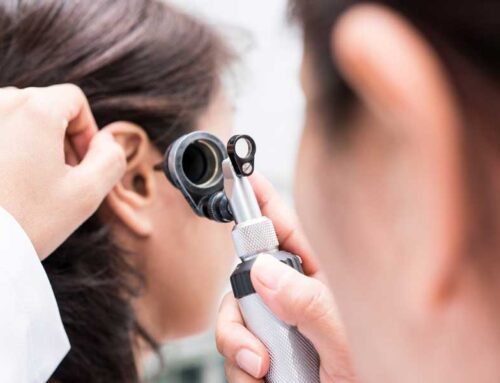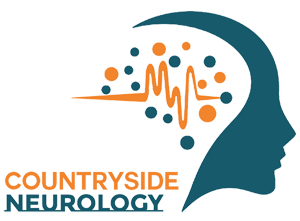Living with Parkinson’s disease presents unique challenges, but at Countryside Neurology, we’re here to help you improve movement and enhance your quality of life. Our comprehensive approach to Parkinson’s care includes innovative treatments and in-office physical therapy aimed at addressing the motor symptoms associated with the disease. Let’s explore the symptoms of Parkinson’s, the therapy options available, and the benefits of exercise in managing this condition.
Understanding Parkinson’s Symptoms
Parkinson’s disease is a progressive neurological disorder that primarily affects movement. Common symptoms of Parkinson’s include:
- Tremors: Tremors, or uncontrollable shaking, are often one of the first symptoms experienced by individuals with Parkinson’s, typically starting in one hand or arm.
- Bradykinesia: Bradykinesia refers to slowness of movement, making everyday tasks such as walking, getting dressed, or eating more challenging.
- Muscle Rigidity: Stiffness and rigidity in the muscles can cause discomfort and difficulty with movement.
- Postural Instability: Parkinson’s can lead to problems with balance and coordination, increasing the risk of falls.
- Freezing of Gait: Some individuals with Parkinson’s may experience freezing episodes, where they feel as though their feet are glued to the ground and have difficulty initiating movement.
Therapy Options for Parkinson’s
At Countryside Neurology, we offer a range of therapy options to help manage the motor symptoms of Parkinson’s disease, including:
- Medications: Medications such as levodopa, dopamine agonists, and MAO-B inhibitors can help alleviate symptoms and improve motor function.
- Deep Brain Stimulation (DBS): DBS is a surgical procedure that involves implanting electrodes in specific areas of the brain to help regulate abnormal neural activity and improve motor symptoms.
- Physical Therapy: Physical therapy focuses on improving strength, flexibility, balance, and coordination through targeted exercises and techniques.
- Occupational Therapy: Occupational therapy helps individuals with Parkinson’s maintain independence in daily activities by teaching adaptive strategies and providing assistive devices.
- Speech Therapy: Speech therapy can help improve communication and swallowing difficulties often associated with Parkinson’s disease.
Benefits of Exercise
Regular exercise is essential for individuals with Parkinson’s disease as it offers numerous benefits, including:
- Improved Mobility: Exercise can help improve balance, flexibility, and gait, making it easier to move around and perform daily activities.
- Enhanced Strength and Coordination: Strength training exercises can help maintain muscle strength and coordination, reducing the risk of falls.
- Better Mood and Mental Health: Exercise has been shown to reduce symptoms of depression and anxiety, which are common in individuals with Parkinson’s.
- Slowed Disease Progression: Some research suggests that regular exercise may slow the progression of Parkinson’s disease and improve overall quality of life.
If you or a loved one is living with Parkinson’s disease and seeking comprehensive care and support, contact Countryside Neurology at 727-712-1567 to schedule a consultation. Our experienced team is dedicated to helping you navigate the challenges of Parkinson’s and live your best life. Let us be your partner in Parkinson’s care and treatment.
